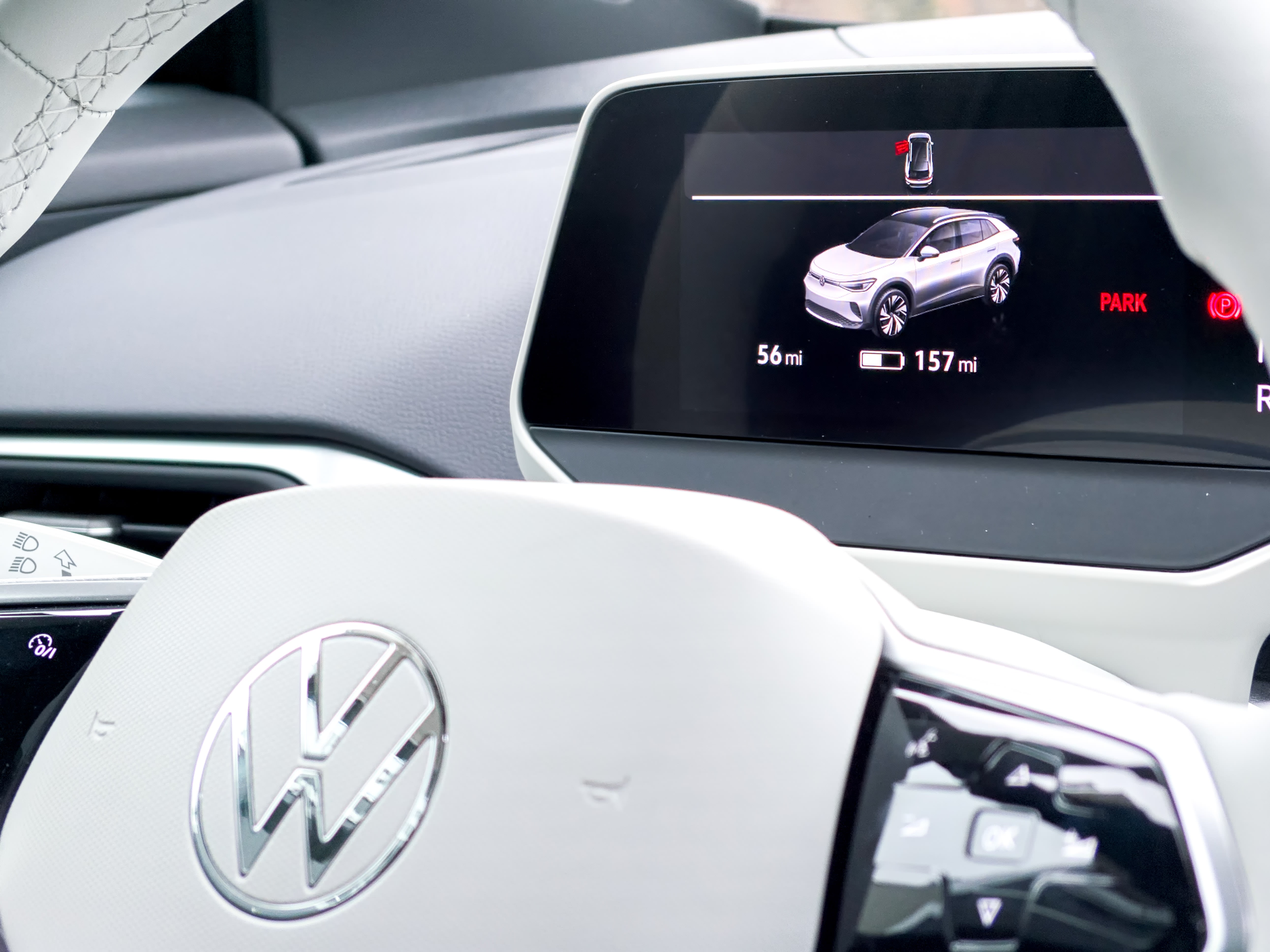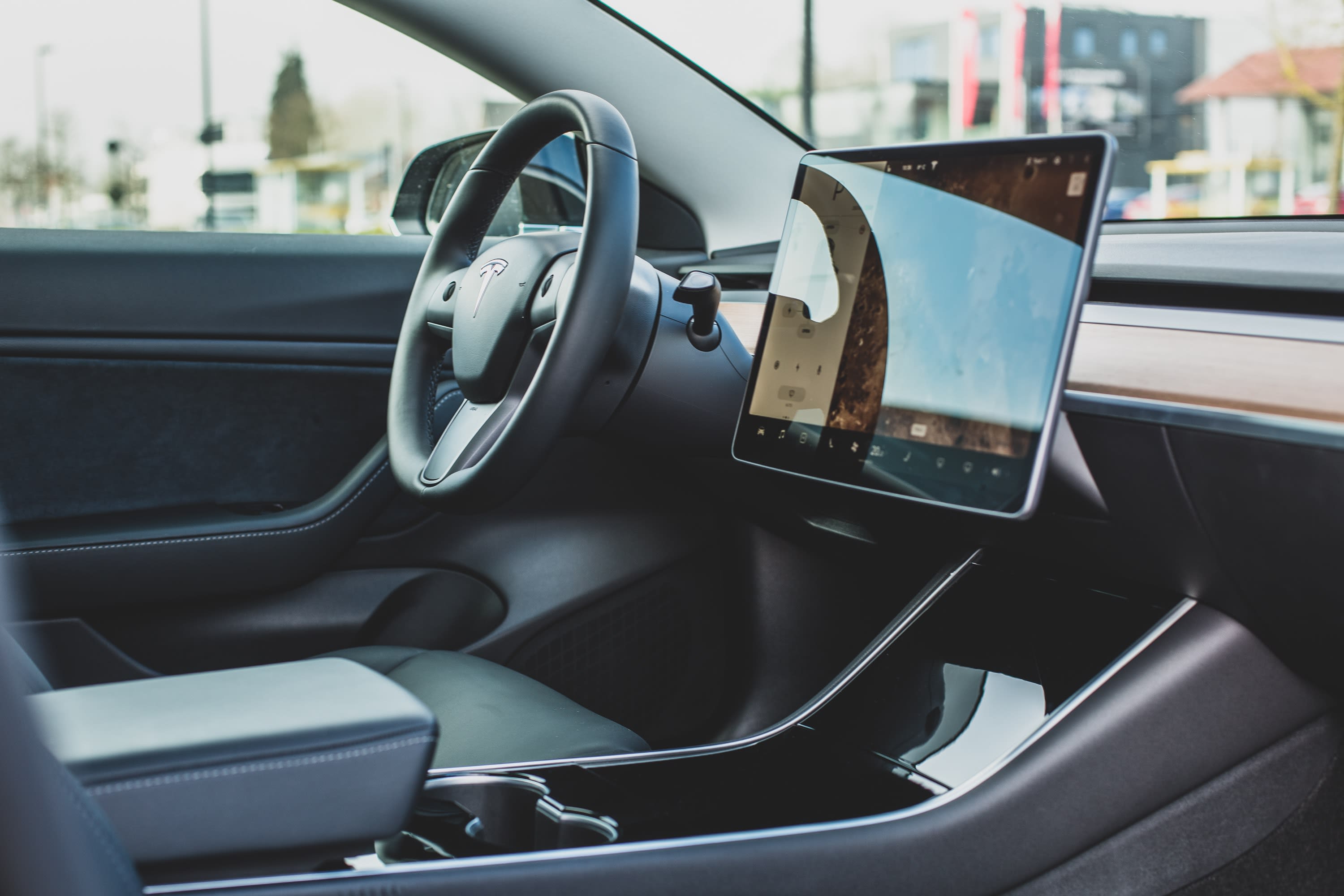New data from the Driver and Vehicle Standards Agency (DVSA) reveals that learners are increasingly going auto-only in their driving tests with numbers tripling since 2008.
Back in the Noughties, only 3.8% tests were taken in an automatic but that’s increased to 14% today.
Industry bigwigs such as the AA say it’s because young drivers are getting themselves ready for electric vehicles that don’t feature any gears.
Going electric
So convinced is the AA that the trend is set to continue that the driving school is introducing electric car driving lessons in 2022.
Both the AA and BSM (owned by the same company Acromas) have already trialed EV lessons in 2021 and will introduce them officially this year.
Because of EVs’ lack of gears, lessons will focus instead on how best to conserve the car’s battery and how to drive with one pedal instead of learning how to change gears and manage clutch control.

Giving you a ‘brake’
While EVs do have a brake pedal as well as an accelerator pedal, they also offer regenerative braking. This means when you take your foot off the accelerator, the car will start braking automatically (if you’ve turned on the option). Once they’re used to the system, many EV drivers find they rarely need to use the brake pedal manually.
Because of the emergence of EVs, the DVSA itself is also examining how the driving test could be changed to accommodate the technology – especially as EVs will become more predominant on our roads, sped up by the banning of new petrol and diesel cars sales in 2030 (with hybrids being shown the door in 2035).
Evolving needs
The DVSA’s deputy chief driving examiner, Gordon Witherspoon, told Auto Express magazine last year that it constantly reviews the test “to take account of changes in technology, driving habits, regulations and highway infrastructure.
“[The DVSA has] already started to look at the impact of electric vehicles on driver and rider education and assessment, and to plan for any changes that this shift in vehicle type and use will need.”

Lower pass rates
One surprising fact that you may wish to bear in mind when considering automatic over a manual gearbox is that driving test pass rates are for the auto test are surprisingly much lower.
For instance, the driving test pass rate in the 2019 / 2020 financial year for manual was 45.9% while in an auto, it was 39.5%. It means just because an auto lacks the relative complexity of clutch control and changing gears, it does not translate into an easier test.
Also, bear in mind that if you pass in an automatic, you are not allowed to drive a manual car and must pass a fresh test in a manual vehicle in order to use one.
It means that until cars go fully auto or the DVSA changes the law, you are limiting what you can buy and drive once you’ve qualified.
Know Your Code
 Double your chances of theory test success with Theory Test Pro. Sign up for free here.
Double your chances of theory test success with Theory Test Pro. Sign up for free here.
Dashboard photo by Obi Onyeador on Unsplash
Tesla interior photo by Bram Van Oost on Unsplash
